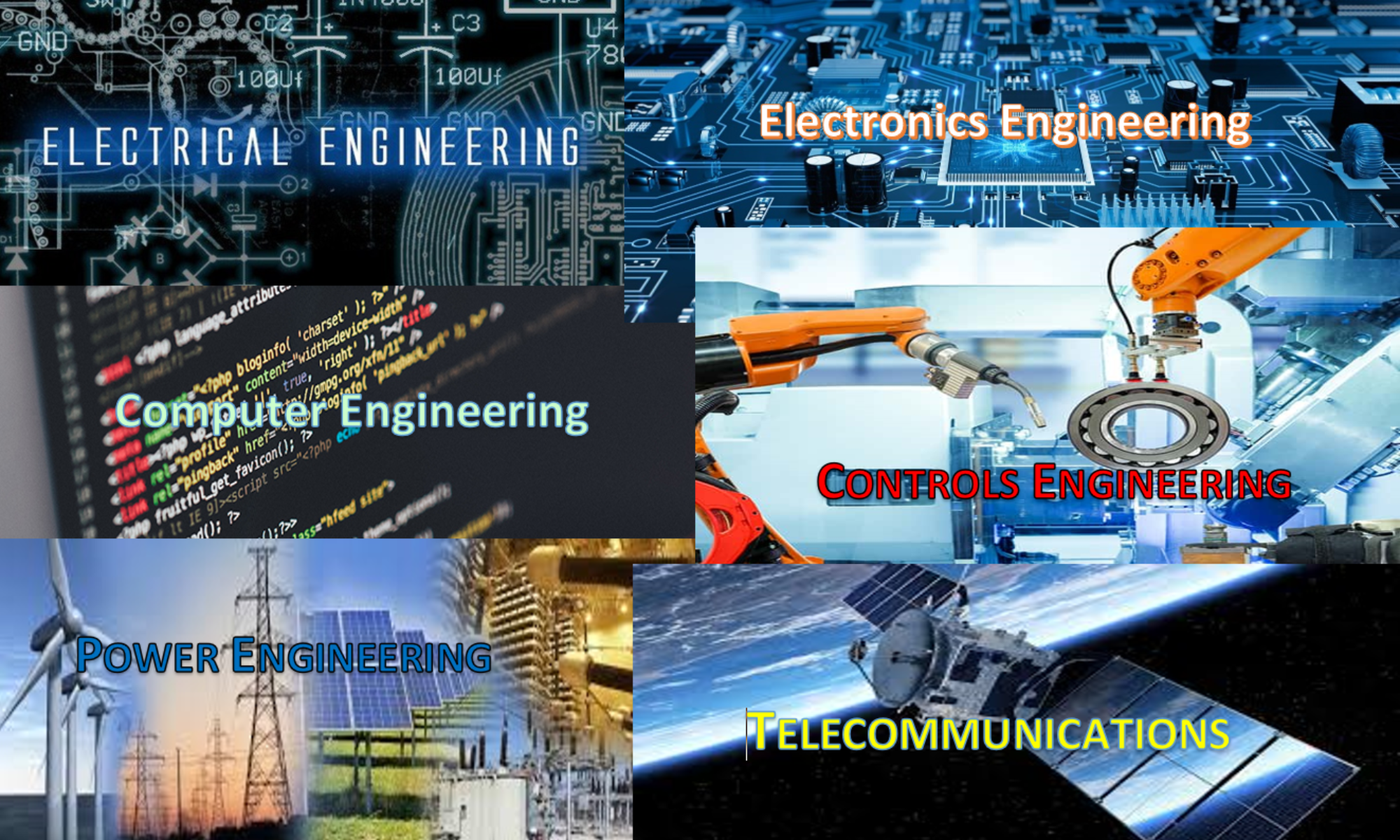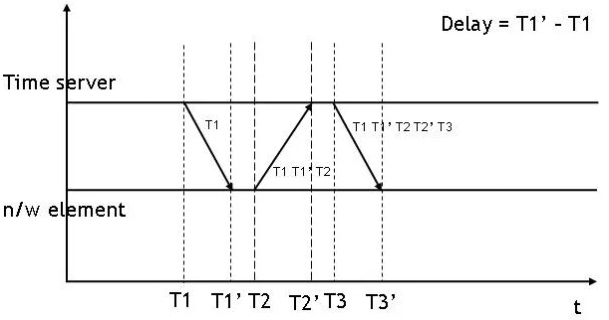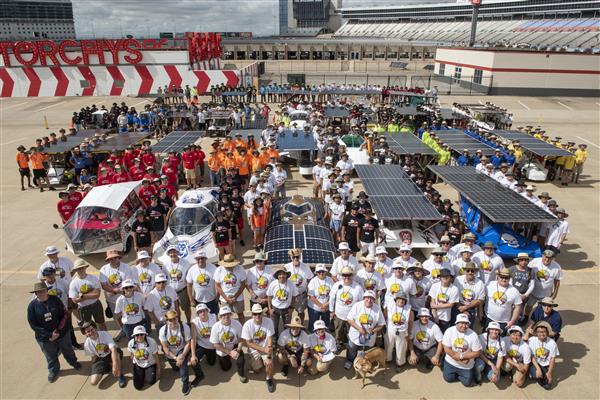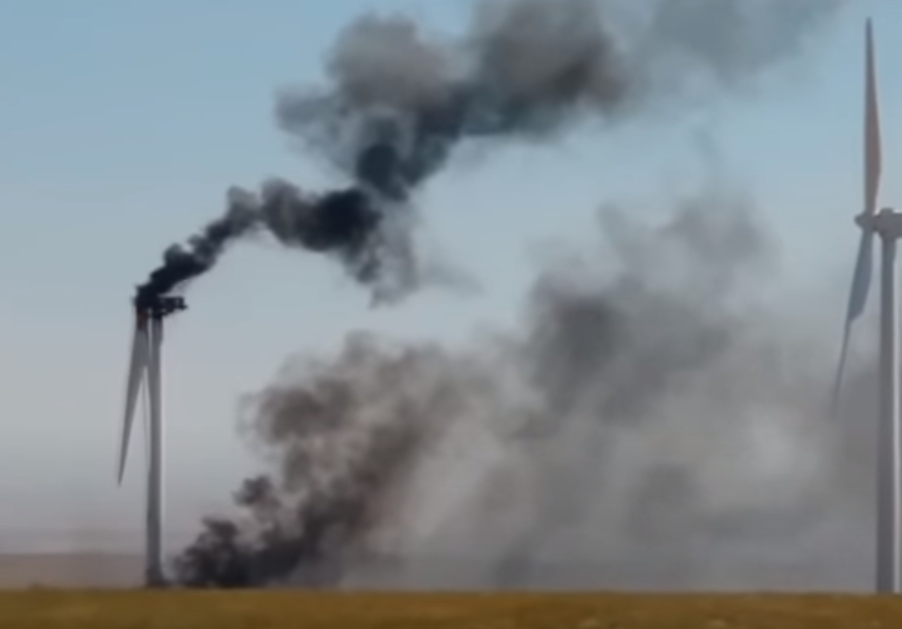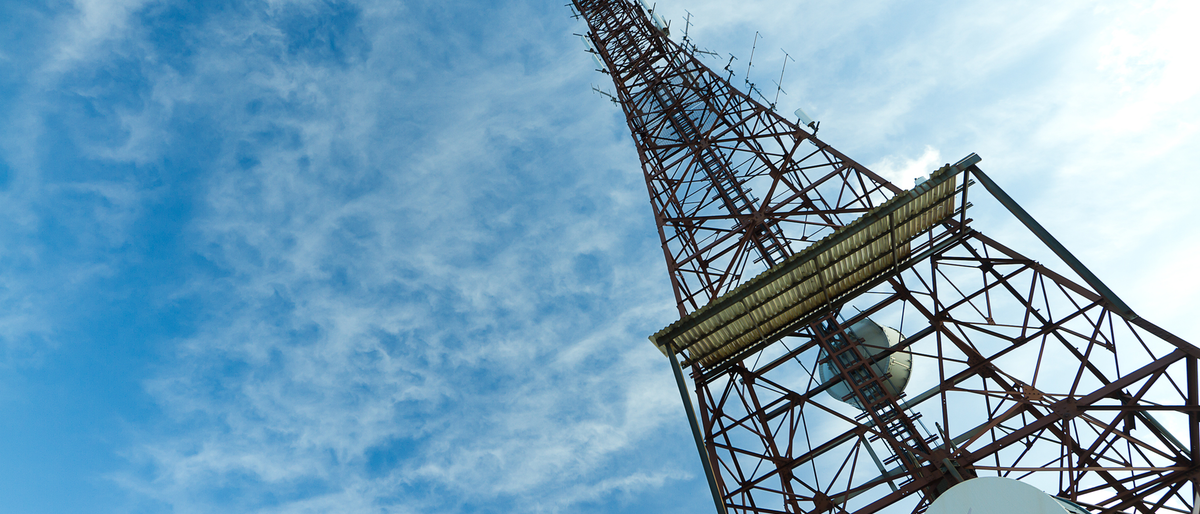All About Circuits – The Updates to the IEEE 1588 standard protocol map out a low-cost method for synchronizing distributed clocks. The Institute of Electrical and Electronics Engineers (IEEE) has approved a standard protocol to synchronize independent clocks running on a shared network. This will, in hopes, allow designers to perform accurate and precise measurements on control systems across a broad range of applications.
Designers that are involved in test and measurement for industrial automation or mobile communications can face challenges around maintaining synchronized data collection from multiple devices. Modern electronics that are separated by distance or have frequency rates varying over time and temperature will cause propagation delays that lead to unsynchronized timing clocks.
